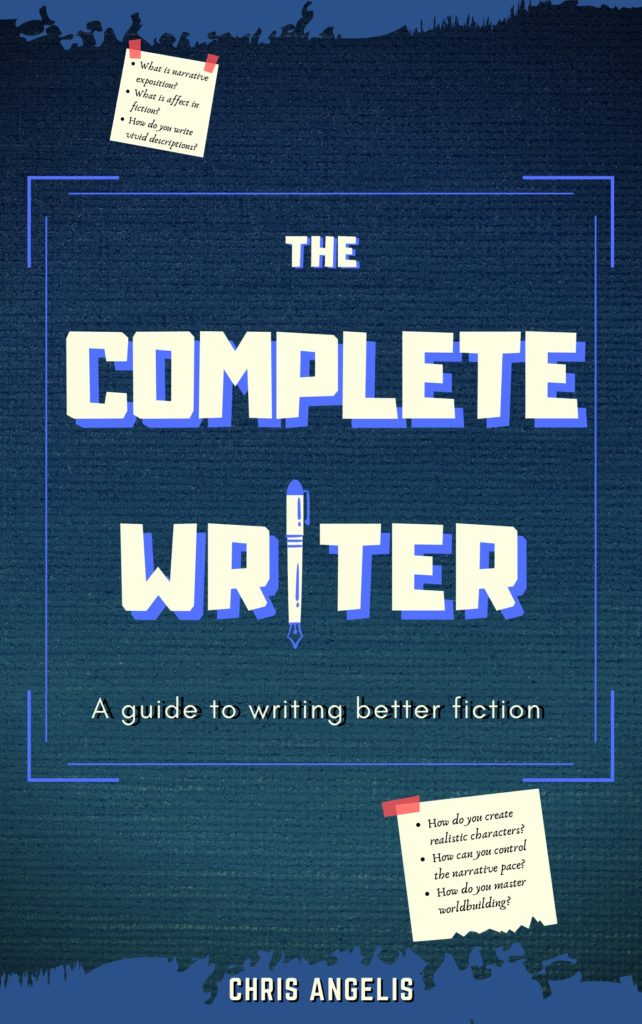I hate editing my fiction. I hate everything about it; the way it sucks life out of a text, the way it’s a clinical, passionless process. But you gotta do what you gotta do. In my long, sometimes painful writing career, I’ve learned a thing or two about editing. Today, I’m sharing these fiction editing tips and tricks that will hopefully spare you some frustration.
As you might remember from earlier posts, the phrase “write drunk, edit sober” is attributed to Ernest Hemingway. It’s quite probable that Hemingway never said such a thing, but that’s irrelevant. The quote is memorable, and its advice solid – though there is a twist in the plot, as we will see. You do need to write with emotion (“drunk”) and you do need to edit without it (“sober”).
Fiction editing is a diverse process, and there are more than one right ways to do it. I certainly don’t claim that my fiction editing tips are the best for you, let alone the only ones.
I’m only sharing these fiction editing tips – perhaps one day I’ll share my nonfiction editing tips, too – to inspire you and give you a head start. Take what you can use, discard the rest – there’s a meta-editing tip there, if you’re perceptive 😉


